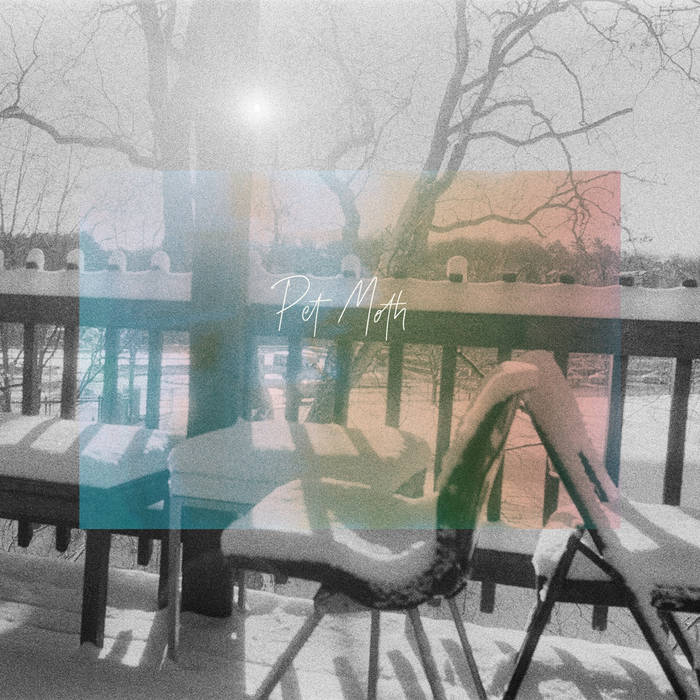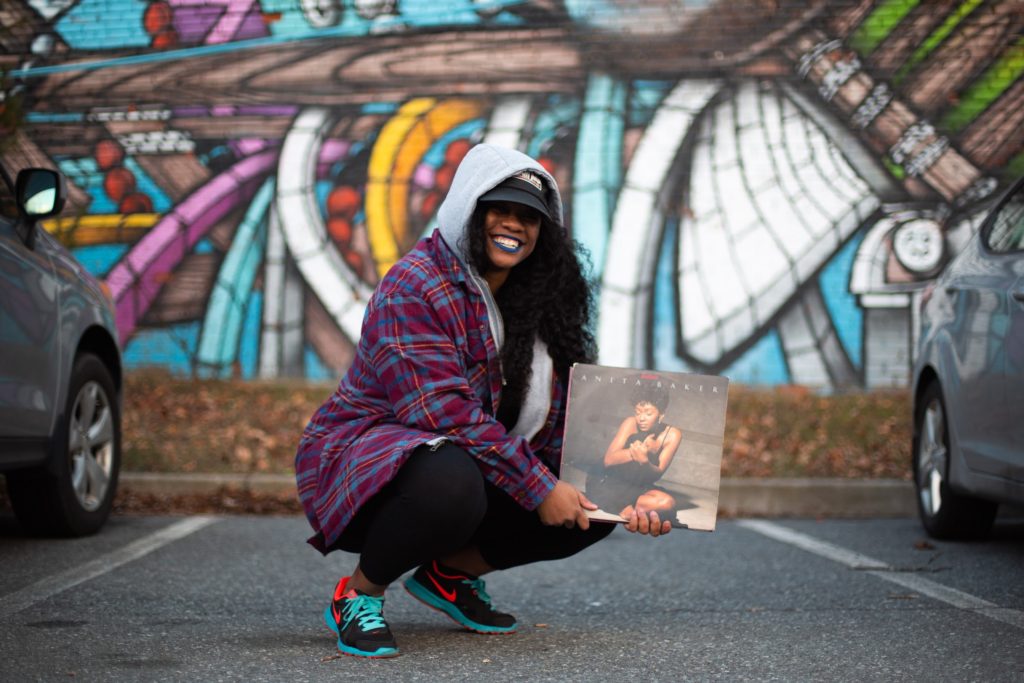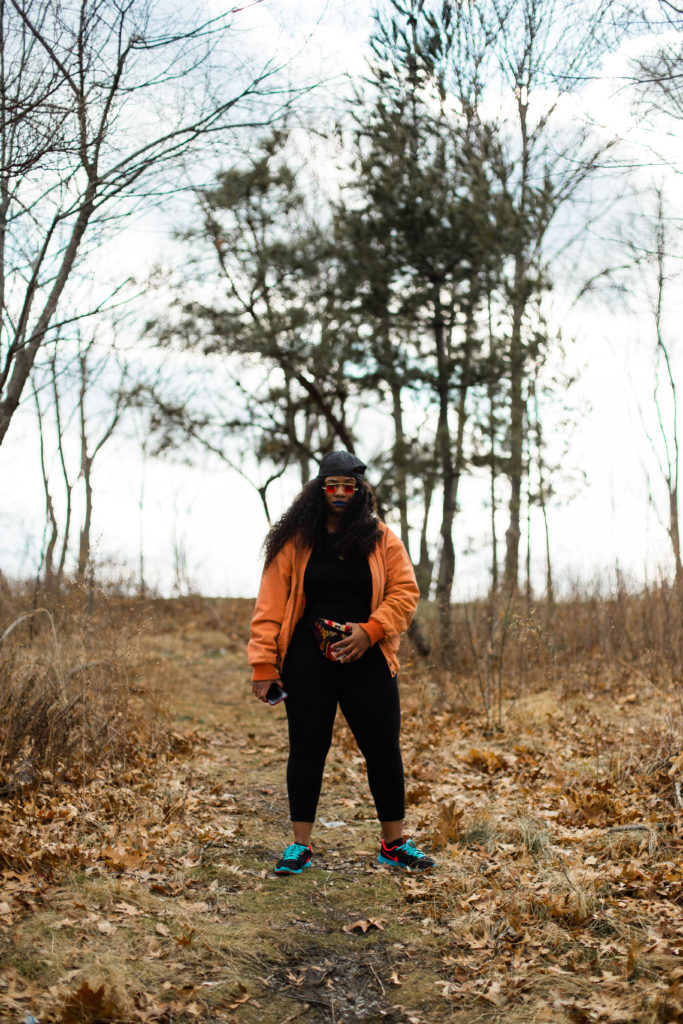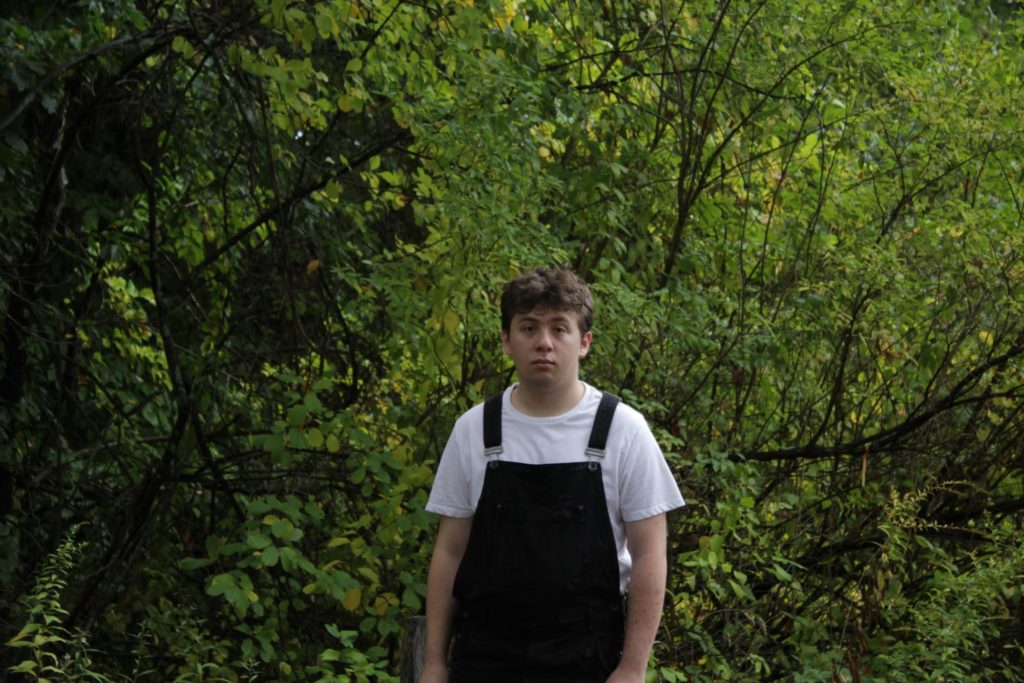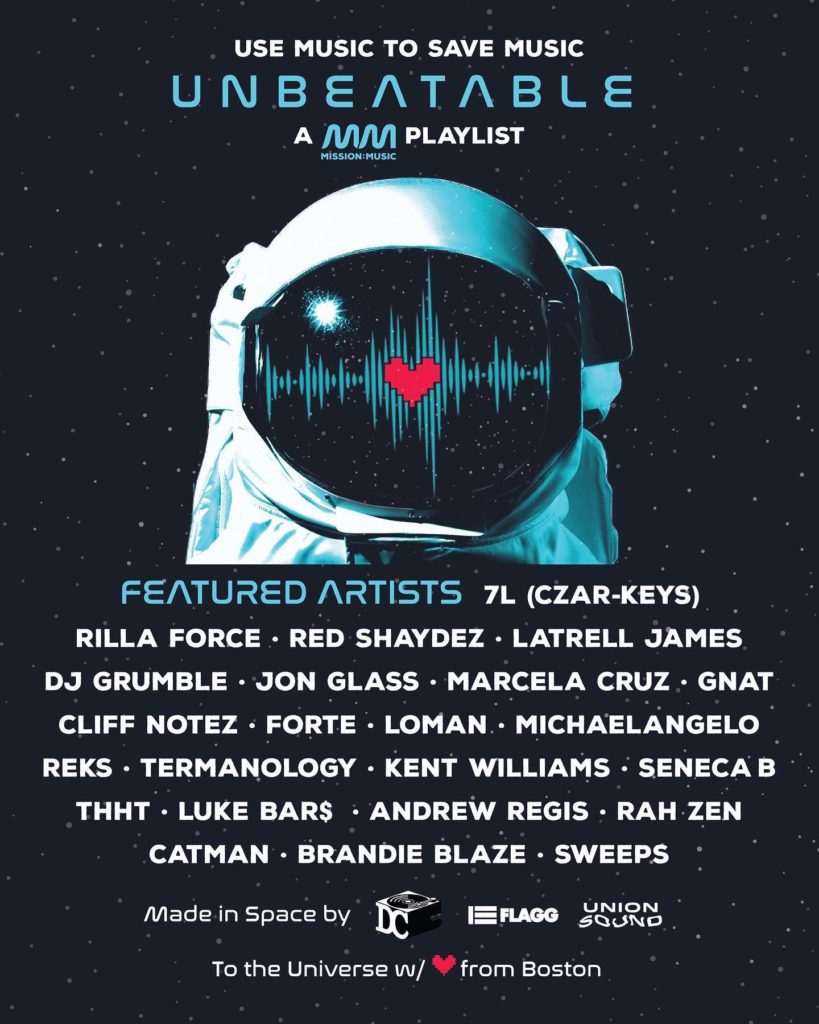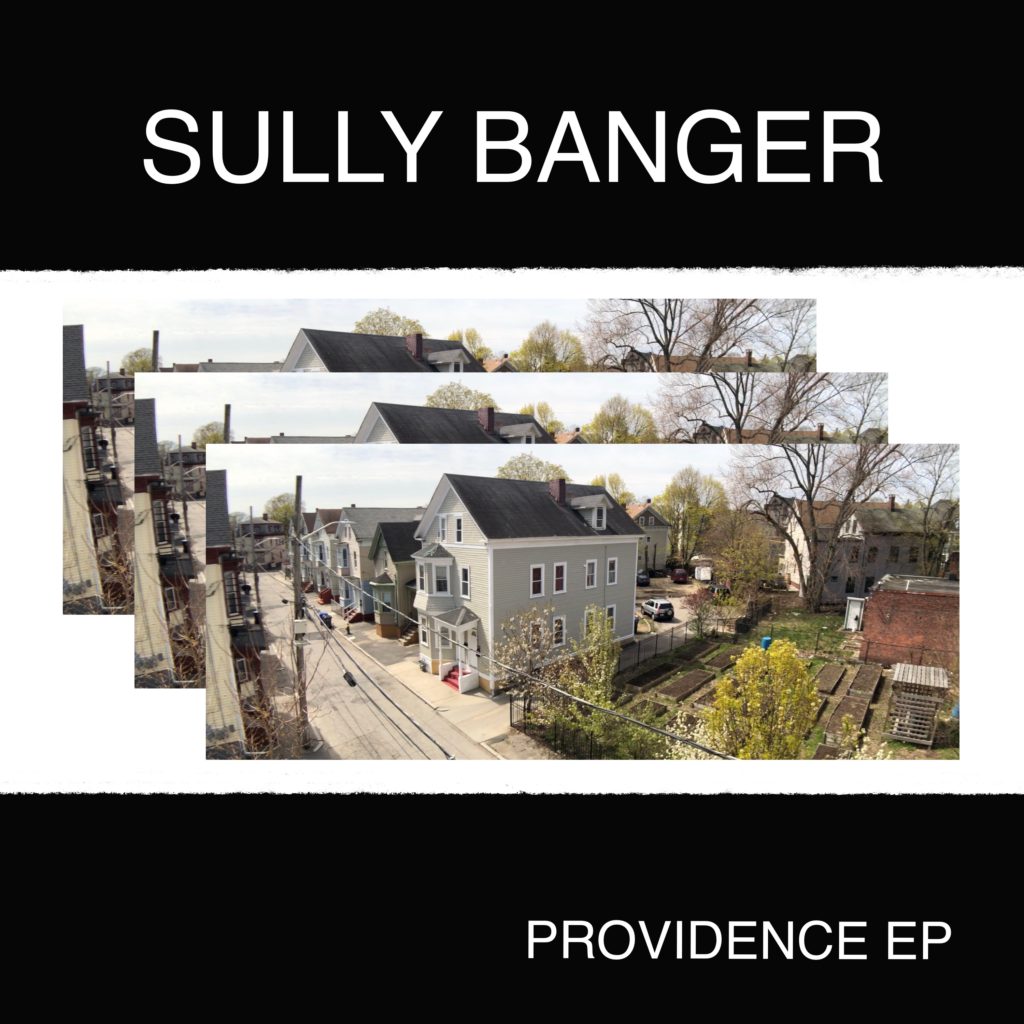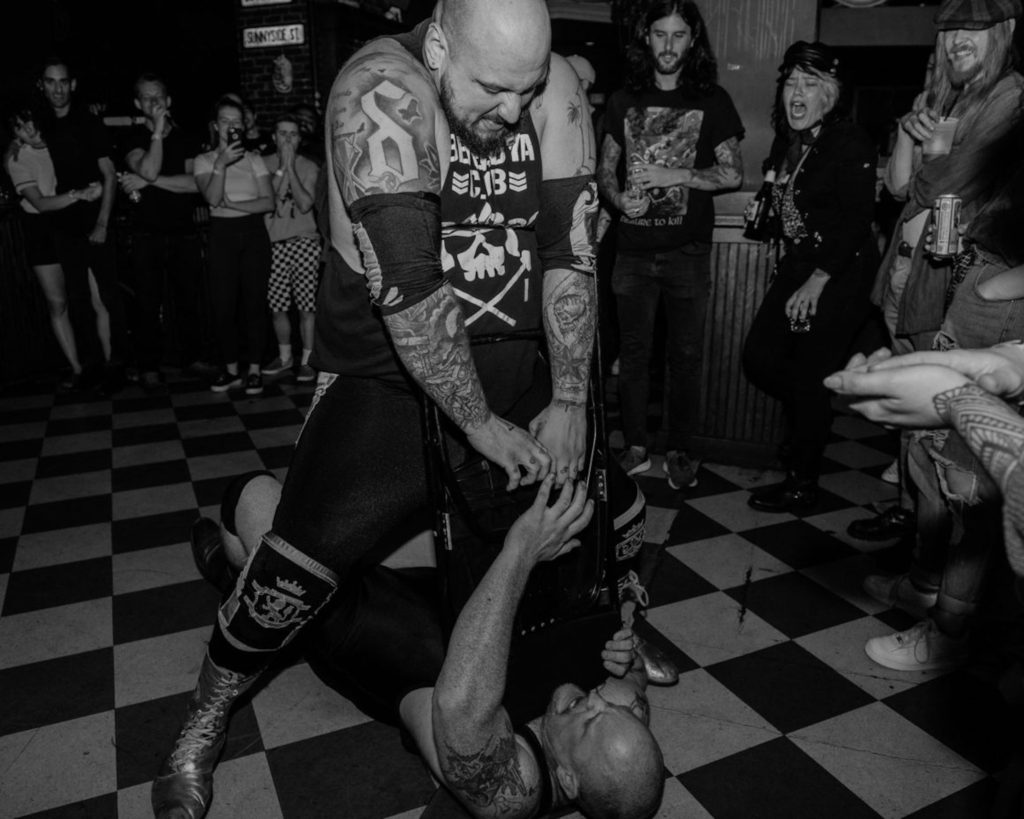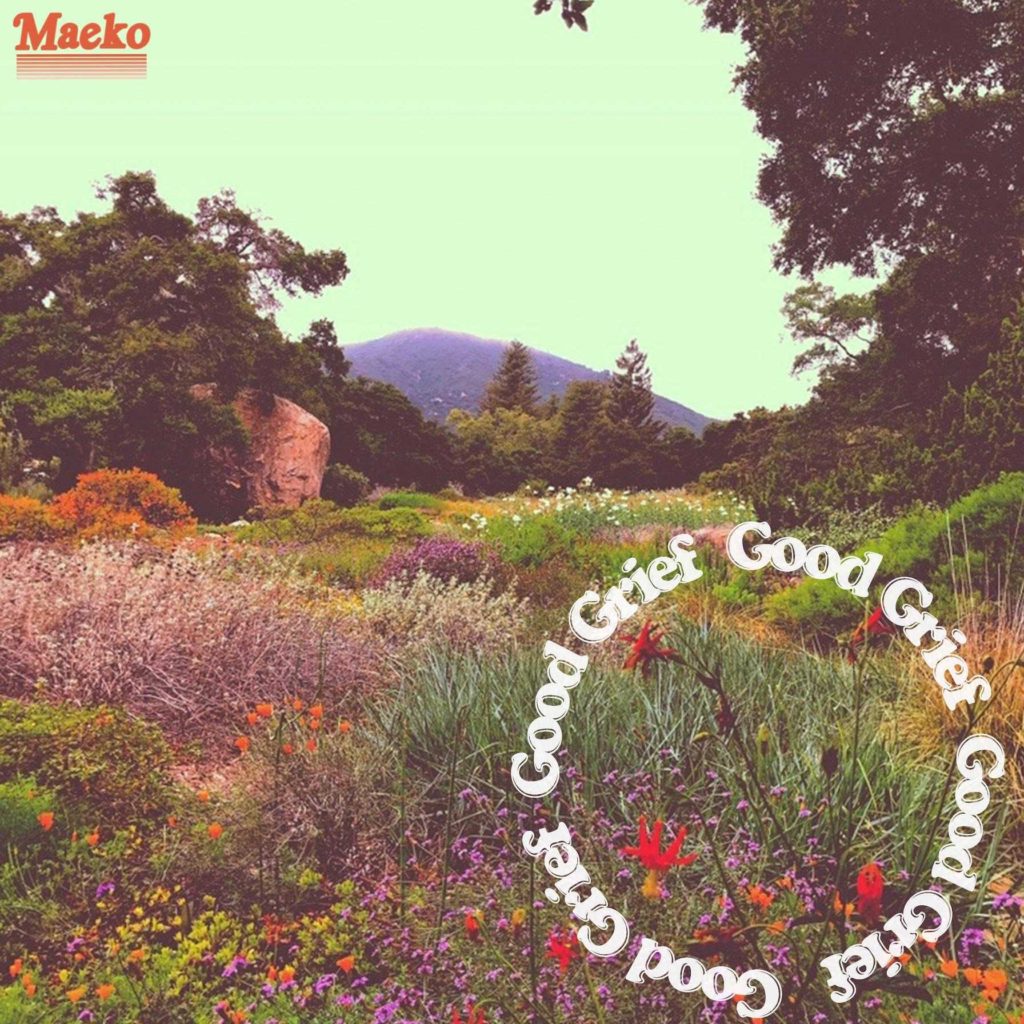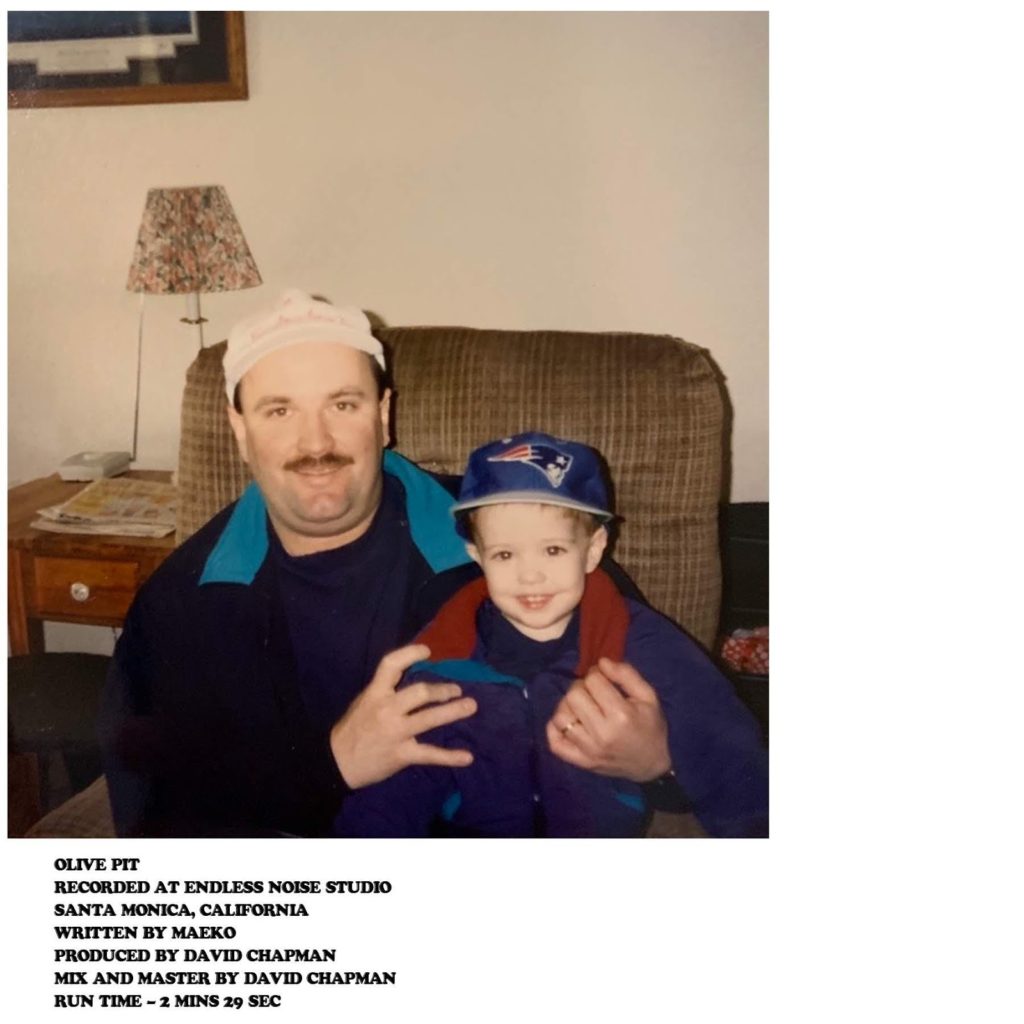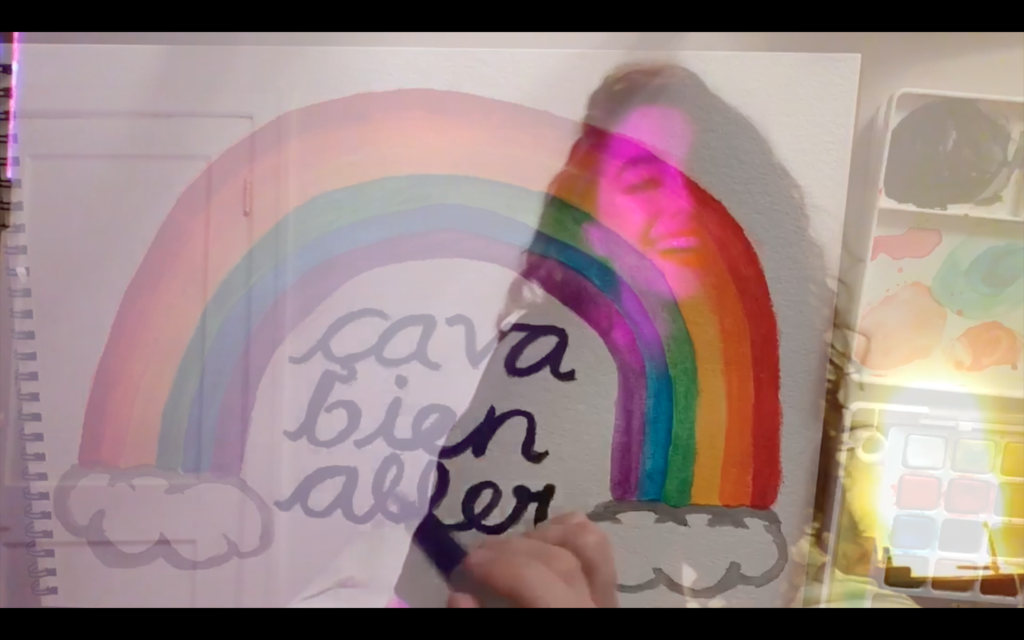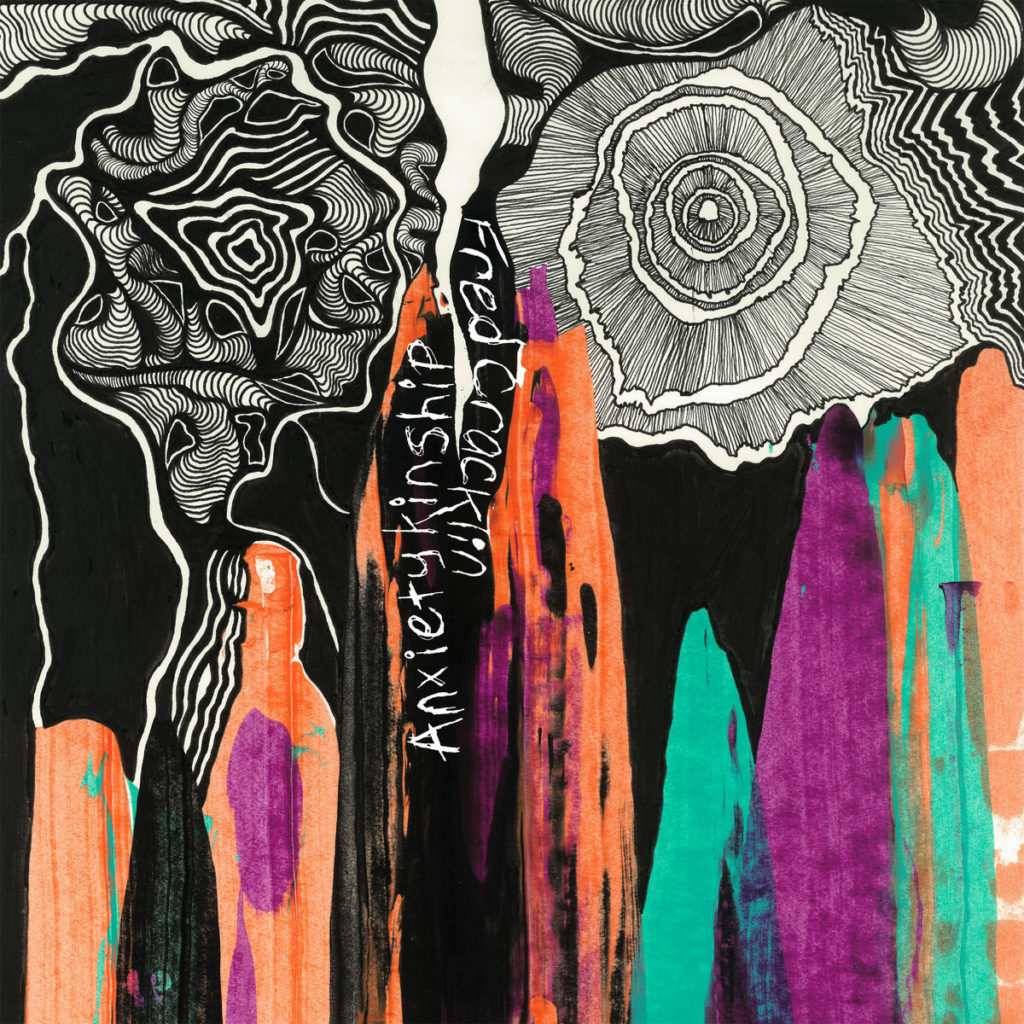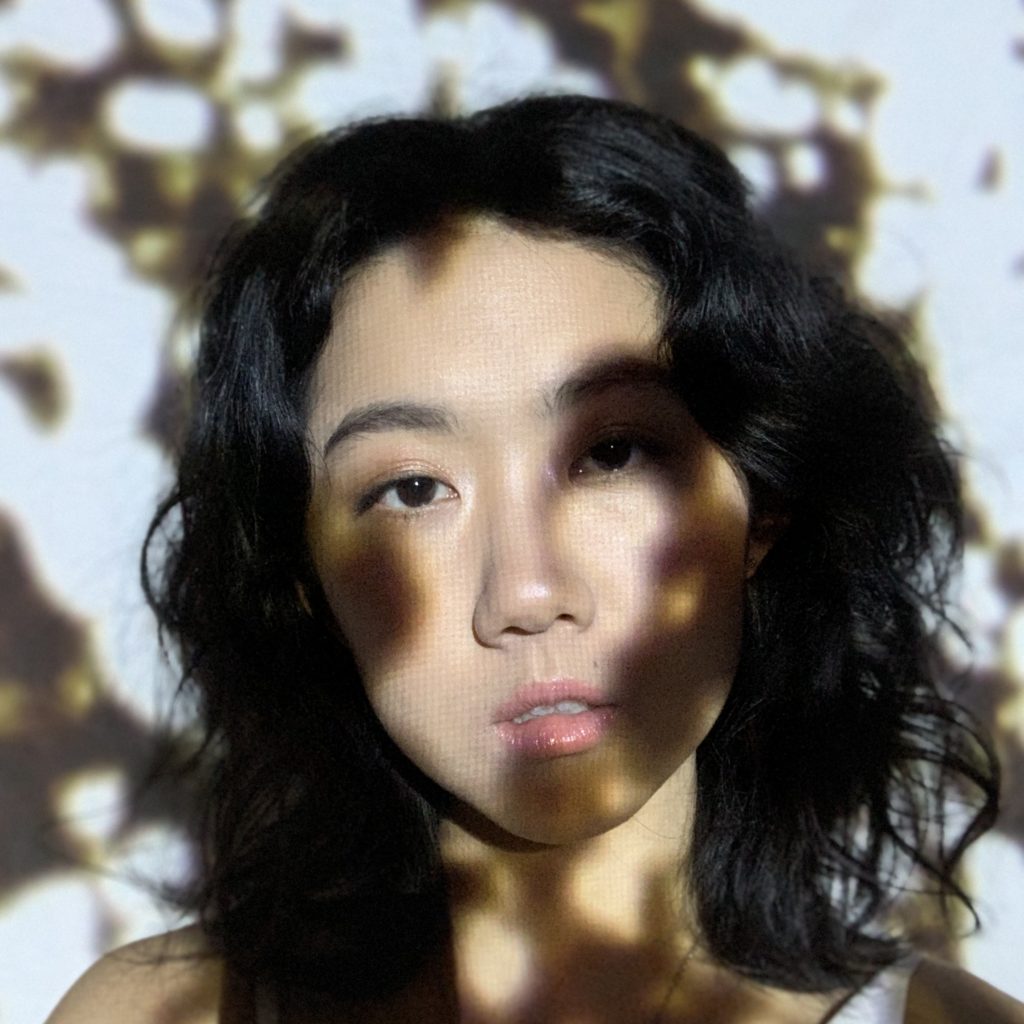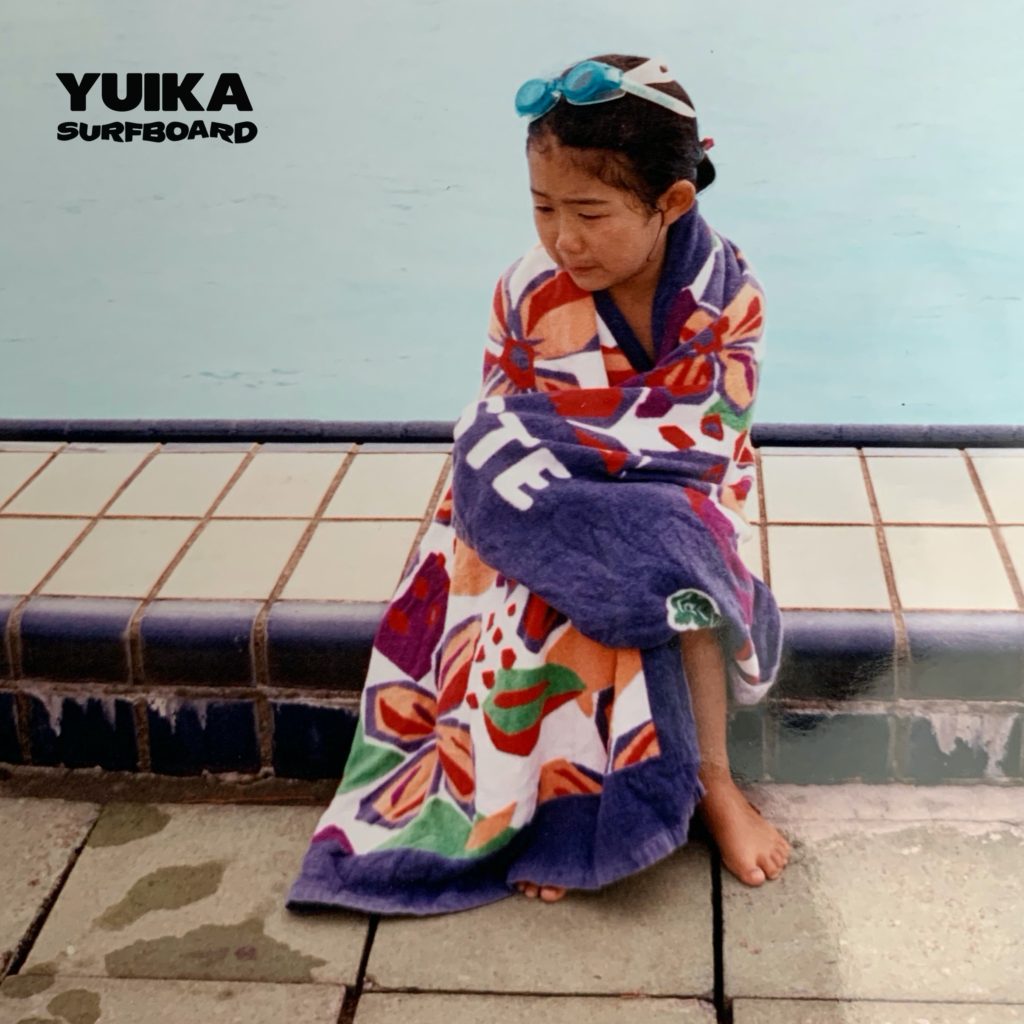By Allston Pudding Staff
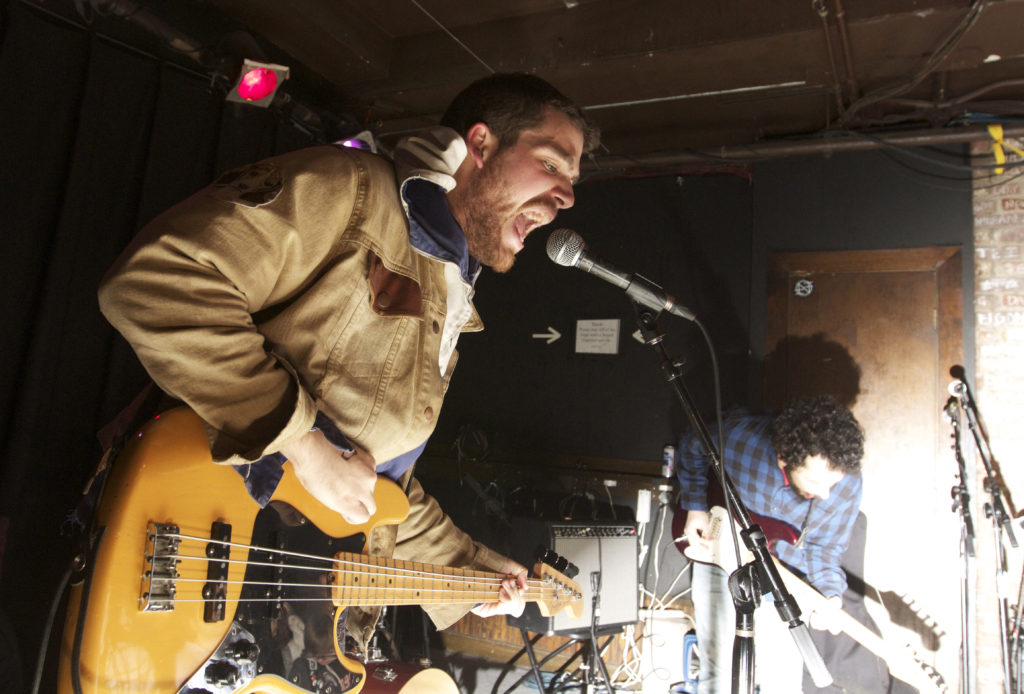
Photo by Joe Difazio
Having one final night at Great Scott without knowing it’s a goodbye leaves a lot of emptiness but also makes us hold on to that night more tightly. Knowing those nights were our last ones, in retrospect, feels unfair, but it allows those memories to live untainted and as they were. Savoring those times through shared words and photos offers respite and a form of collective healing, a sense of closure which we may not accept but does feel comforting. When reading the many stories shared by you all — Bostonians, writers, DJs, artists, the word “community” comes up again and again. Are you surprised? Of course not. For many of us, sharing that room with each other and performers pulled us into the heart of the Boston music community. Although we’re suffering a loss, that community will not be lost. These stories promise that.
Editor’s Note: We are still taking submissions to our Great Scott benefit compilation until this Wednesday, May 27. Please email a song to christine@allstonpudding.com to submit. We will also have the second in our livestreams to benefit Great Scott and O’Brien’s staff that evening with Vundabar, Jamie Loftus, Future Teens, Sidney Gish, Grace Givertz, and Raavi and the Houseplants. We also invite you to keep sending us Great Scott stories like the ones below! The more the merrier!
“Great Scott is impossible to eulogize, and I’ve found myself misty eyed more than a few times this week while trying. I keep coming back to one memory in particular: Emperor X’s show on January 4, 2015. Like most people not trying to leave their couch the Sunday night after New Year’s Eve, I frankly didn’t really want to go to a show, but I went because Allston Pudding has promoted it and despite our efforts only a handful of tickets had been sold. I couldn’t talk anyone into going with me, and going to a show alone was hard for me back then, but I felt okay because it was Great Scott and I could count on knowing at least a few folks in the crowd and hopefully whoever was behind the bar.
I didn’t know what to expect from that show, and I’m not going to try to describe it here, but by the morning I had talked a handful of friends into driving to his Providence show the next night (it was that good). Great Scott was an incubator for sacred moments, and I’m grateful to have a lot of memories, not a single one bad, to flip through right now.”
— Ellie Molitor, Allston Pudding co-founder
“1. I saw Pile for the first time at Great Scott in 2015. I had just gotten into the Boston music scene and found out about them after randomly seeing Rick play a solo set. I hadn’t seen the full band yet, but everyone was raving about them. I didn’t know what to expect. I was explaining all this to a friend when someone — overhearing us — excitedly jumped into the conversation, grabbed me by the arm, and pulled me to the front of the crowd. “Watch the drummer,” he said. So I did. I’ve been a Pile fanatic and Great Scott patron ever since.
2. New Year’s Eve 2017, I was dealing with some hard personal stuff. My friend James and I didn’t have any plans, so we went to Great Scott for Allston Pudding’s big New Year’s bash. Everyone was incredible that night, but we were especially blown away by Sammus, who we’d never seen before. After the show, we went down the street to get dumplings and talked through the night. A perfect New Year’s.
3. My first time playing Great Scott was strange and beautiful. I played a solo set opening for a guy who’s name I forget. All I know is he was apparently in Spider-Man the Musical. When I took the show, I was told not to mention Spider-Man on-stage, which was no problem for me. I played my set to a small but excited crowd — all theater fans who drove in from out of town to see this guy. They didn’t know me, but they all came up to me after my set, complimented me, and bought my dinky homemade CDs. It was so sweet and pure.”
— Matt O’Connor of Tuxis Giant
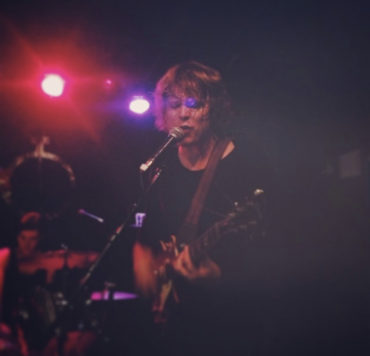
Photo courtesy of Yasmina Tawil
“My strongest memory of Great Scott is the Ty Segall show in 2014. This was the tour for the release of Manipulator and Mikal Cronin was playing in the band. La Luz and BoyToy opened the show.
Ty could’ve definitely sold out a venue many times the size of Great Scott, especially since he rarely played the East Coast at that time, but for some reason they chose to stay small and handily sold out the venue. It was packed to the rafters, maybe the most crowded show I’ve ever attended there.
I went with my friend Pat who had introduced me to Ty’s music 3 years prior when we were freshmen at BU. We wedged ourselves into the front right corner of the audience and it was straight up insanity. One of those shows where everyone was pushing and dancing and it was hard to stand. Pat is tall so people kept grabbing on to him and his shirt was stretched out about twice its size at the end of the show. I remember people swinging from the bars on the ceiling and Ty crowd surfing.
I don’t have the rights to these two photos but I love them and wanted to share them with you. They capture the feeling so well. You can see Pat in both pictures with short reddish-brown hair and a bright blue tee. In the second picture I’m the person in the black tank top beneath the crowd surfer, clinging to my phone for dear life.
I could not tell you a single detail about that set except that it was rough and sweaty and painful and oh so joyous. I got to see Ty again two years later on the Emotional Muggers tour but at Royale where the feeling was nowhere near the same. A great show but the all the intimacy lost. The opportunity to see someone so big in someplace so small is an absolutely incredible treat. To this day I can’t get over how the Great Scott not only booked bigger touring acts like Ty and Pup and Sheer Mag and Iceage and whoever else but still supported the little guys, the local guys. I had gone to so many local shows there that I once forgot I might have to buy a ticket ahead of time for a bigger touring act instead of just paying at the door like I usually did. No other place in Boston really had this dynamic and I don’t feel like any place in New York does either. If any place in New York did (maybe Death By Audio or Brooklyn Bazaar) they’re also gone now.
My final memory of this night was after the show. Pat and I stood outside the venue, drenched in sweat, cooling down, and out walks Ty and Mikal to their van in the parking lot. Ty and I had a contest to see who could wring the most sweat out of their t-shirt (he won). ”
— Yasmina Tawil, former host of the Allston Pudding Radio Show on WTBU
“I could talk for many days on end about the fabulously insane nights I experienced within the walls of 1222 Commonwealth Ave., from pulling up to the Pill to making connections @ the annual July 4 BBQ. The greatest Great Scott memory I have, however, was made on July 25, 2012, spinning for Night 3 of WFNX’s Funeral Party. I was invited to be the Night 3 DJ that week by Michael Marotta, then of the old Boston Phoenix. As a listener and supporter of FNX for many years, it was my honor to accept and celebrate Boston’s alternative radio station behind them 1s & 2s. I ended up joining the already-announced lineup of Gentlemen Hall, Bearstronaut, Black Light Dinner Party and Stereo Telescope. Great Scott was packed the fuck out to celebrate FNX one last time. Had the best time spinning decades of FNX joints all night long between bands, from the Modern Lovers to M.I.A. Great gratitude always to Great Scott and Michael Marotta for having your boy on the decks for FNX’s last stand. Respect and love to everyone I got to connect with every night I came through for a Great Scott event. Big facts, Allston City will never see another live music venue quite like it.”
— Sterling Golden, Boston DJ
“After the Boston Marathon bombing, there was only one place I wanted to be, and it was at the Great Scott. The show where Fat History Month was playing. Will it be their last show together in Boston? When Lou Barlow released Brace the Wave, a local college station was giving away free tickets, and I won. There were only about eight people there, and I handed Lou a 7” of something that he had cut in the early 1990s, and he hadn’t even seen it. I think I freaked him out.
When Pile had their Big Web 7” release show, I wasn’t 21 yet, so I couldn’t go to the show at Great Scott. I remember going to Great Scott right before and being let in to buy the 7”. I remember going to both of Krill’s last shows at Great Scott. I remember seeing Cloud Becomes Your Hand and them sounding incredible in that room. Great Scott was the place where touring bands would come. You can mess with the technical abilities of bands such as Harvey Milk, Gnarwhal, Palm, and Priests. There was part of an Ovlov video shot there. Back in 2010 to 2013, everyone was going to house shows. Great Scott would be the place where those bands would eventually go to, and you’d feel like you actually made it. Despite the fact that we live in a bubble, and that’s not necessarily true, but you start naming off names of bands, it’s just going to be names of bands that have been in Allston for the last 20/25 years. So long live Great Scott! Thank you, Carl, and the rest of the team, especially Dan G.”
— @allstonratcity
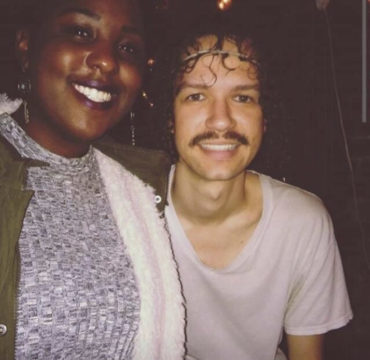
Photo courtesy of Katherine Hepburn
“In 2015 (my freshman year of college) I got to see Darwin Deez and Charly Bliss at Great Scott. It was one of my first concerts since moving to Boston and it was a dream come true because I had been listening to Darwin Deez since 2010 and they are, to this day, one of my favorite bands. Since I was new to the city I ended up going alone. I never felt unsafe or unwelcome. I stood in the very front of the stage and even managed to get his setlist at the end of the show. After the show, Darwin stuck around at the door and talked to every single person on their way out! I got to tell him that he inspired me to start making music when I was in high school. It’s rare that you get to see artists after a show let alone talk to them. That night I left Great Scott with two t-shirts, a memorable pic, and a smile on my face :)”
— Katherine Hepburn
